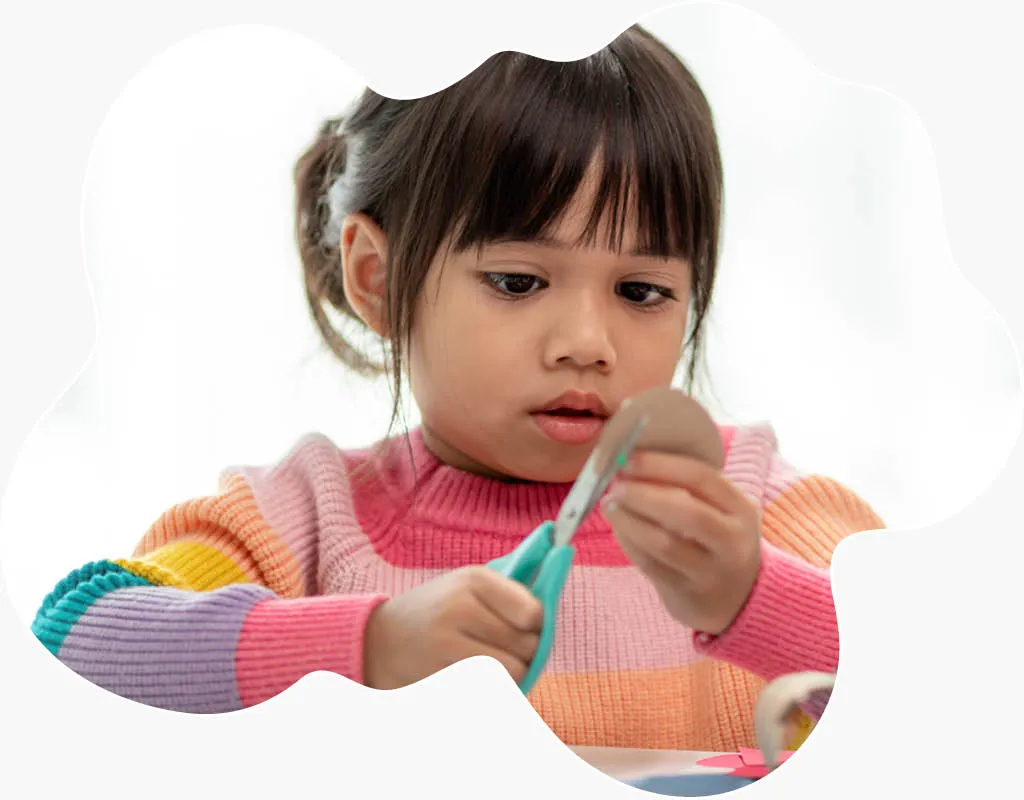Promoting school readiness
Children generally face significant changes when they start school. The start of school does not always go smoothly. For some children, this transition can be challenging and may affect the following school years. Everyday school life in particular brings new demands for children. In kindergarten, children had many opportunities to move around in the group room, on the playground or during walks. In school, however, much of the day is spent sitting. This poses a considerable challenge, especially for children who enjoy movement. In addition, daily school life requires children to develop numerous other skills, such as independence, concentration, creativity, perseverance, communication and cooperation in class. Parents are their child's first learning companions from the very beginning and have a significant influence on their development and education. With your loving support, you help your child begin school in a positive way, which benefits their entire school journey. In the ›Support activities‹ section, you will find many ideas to support your child's language, motor and cognitive development.











